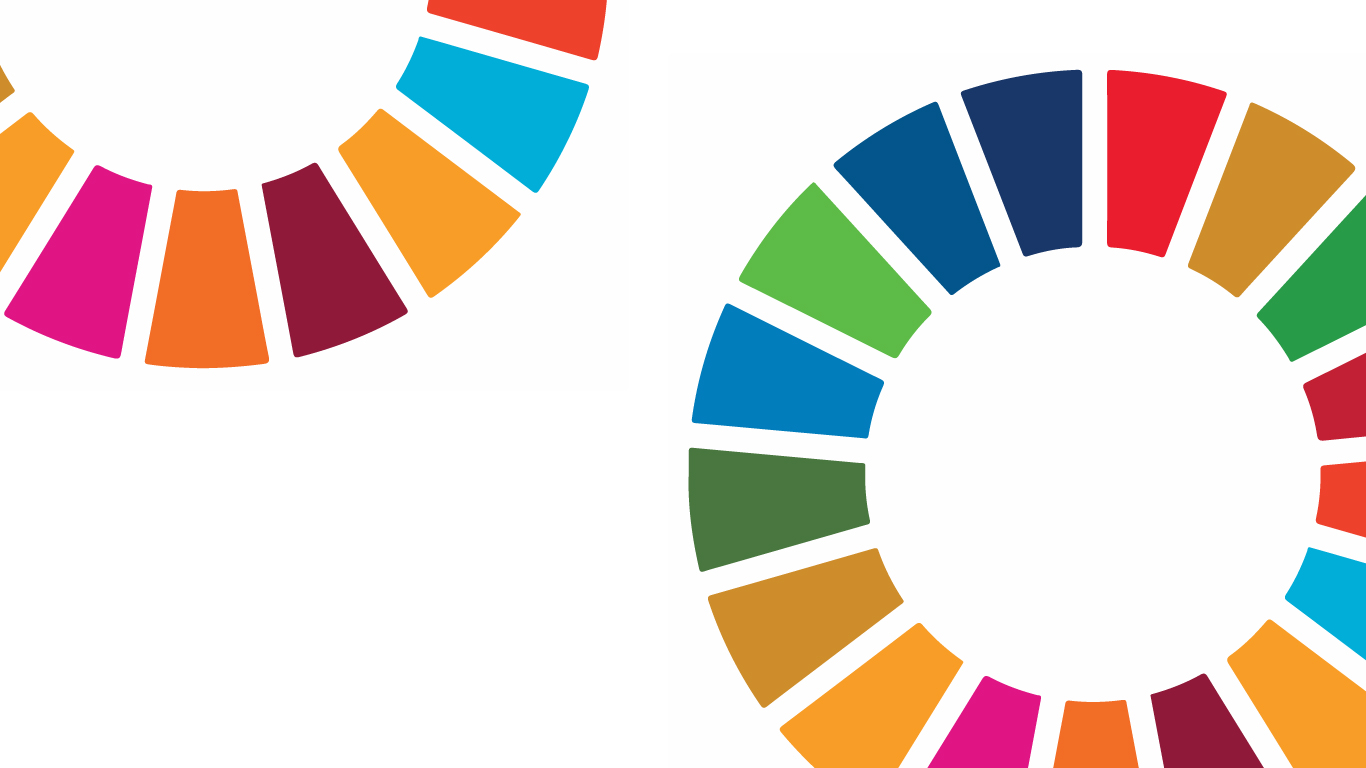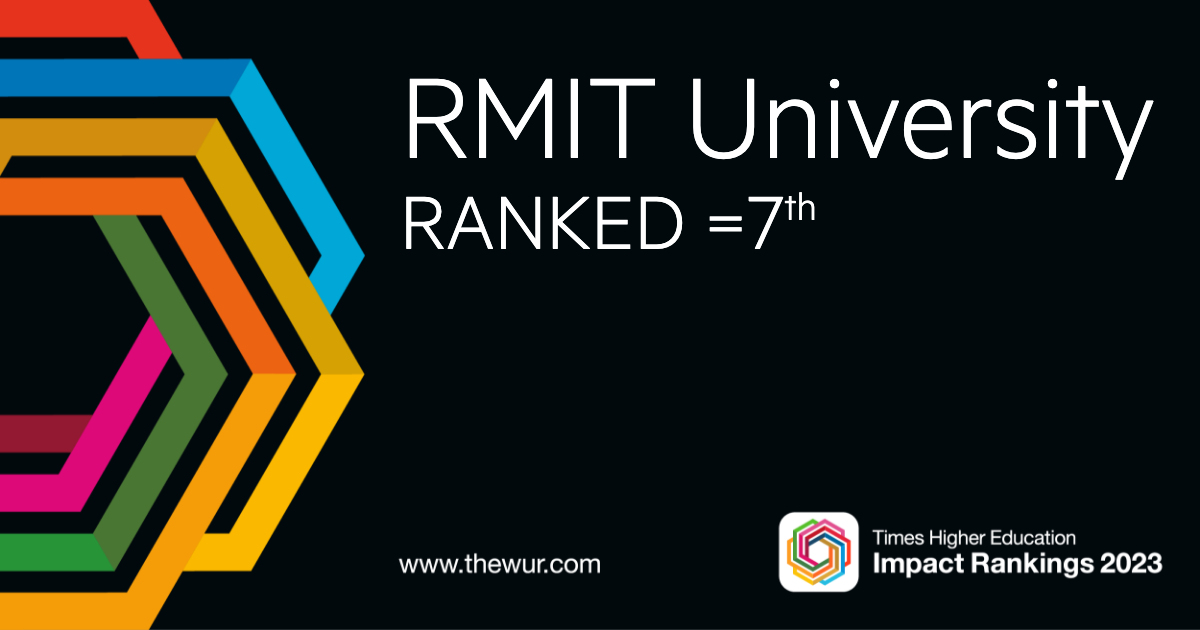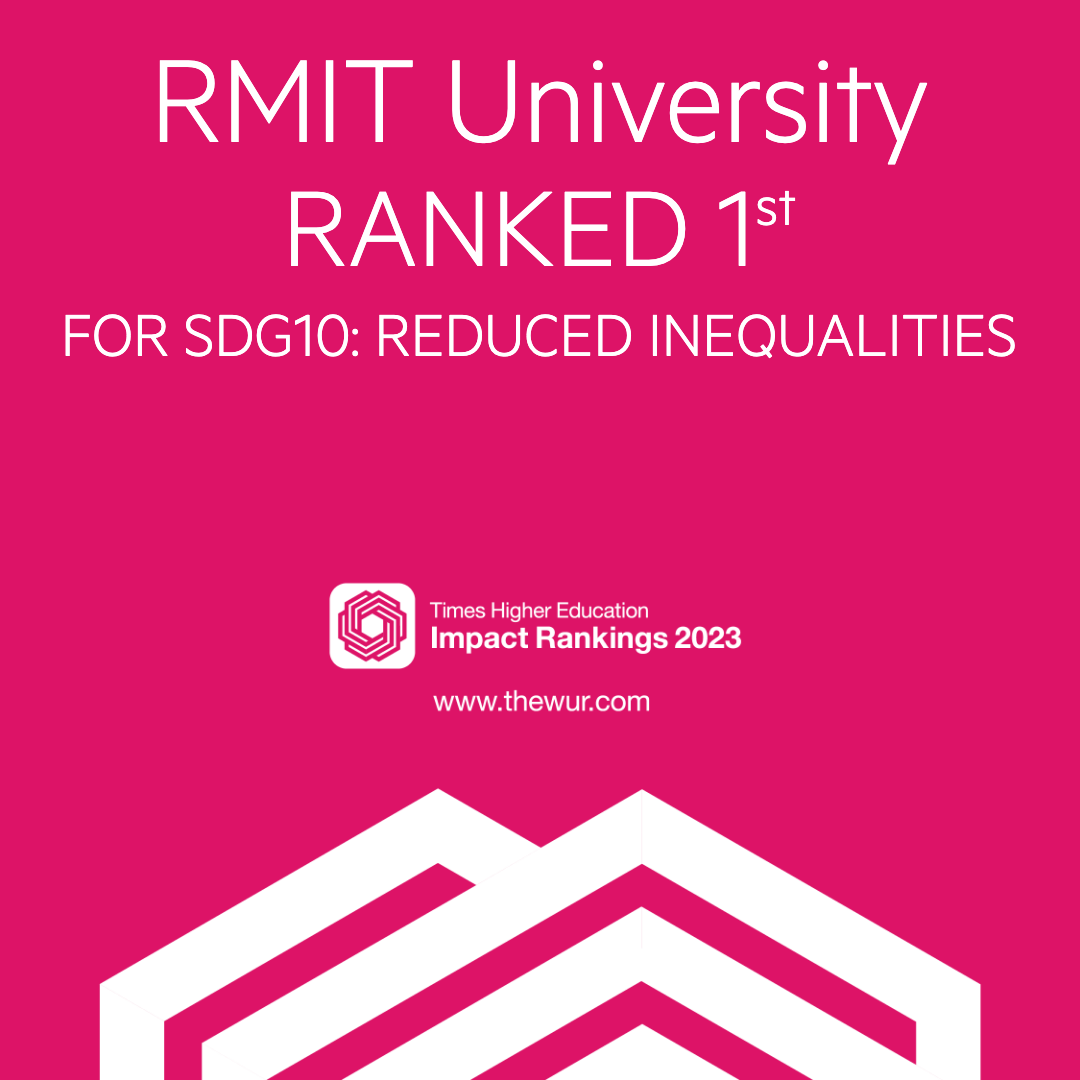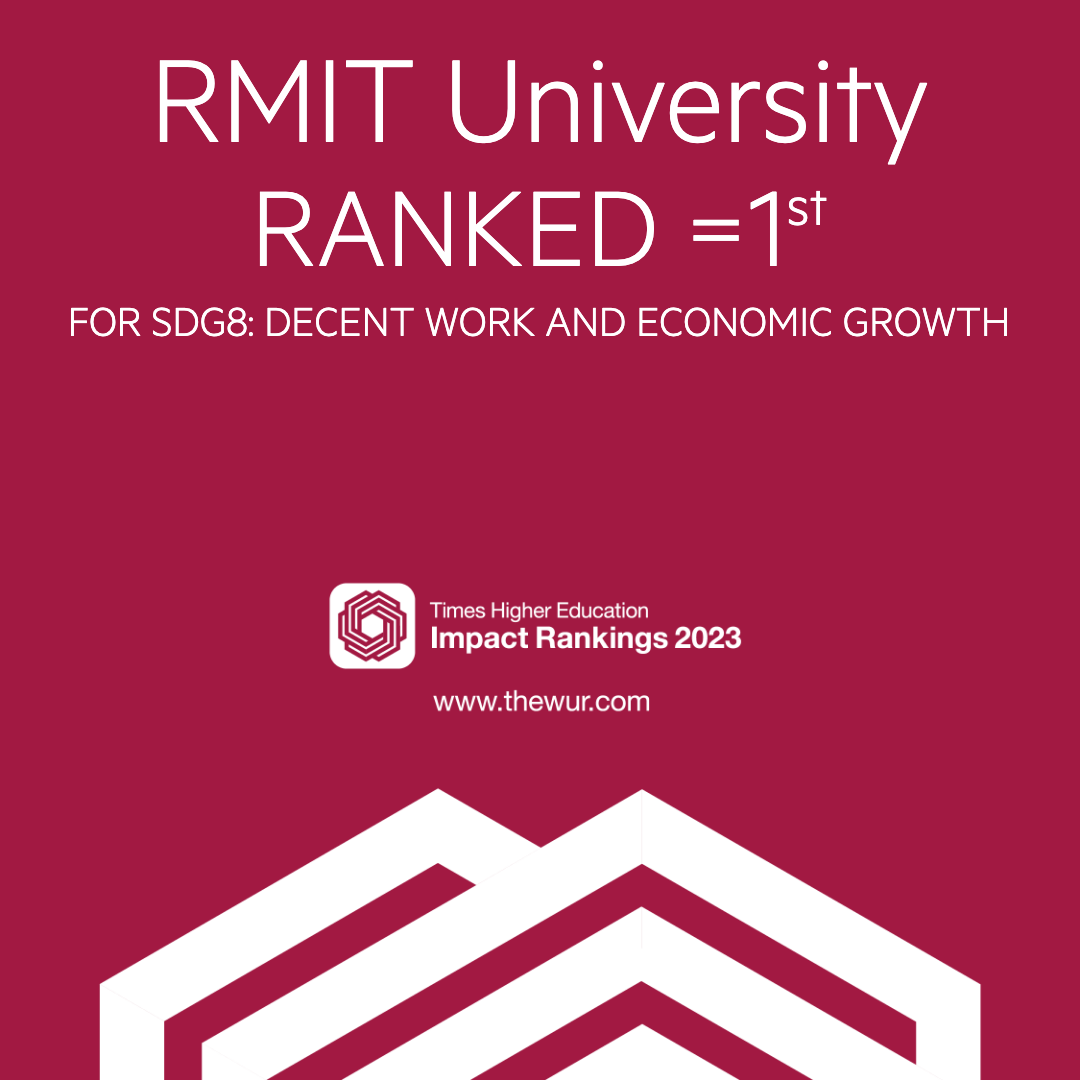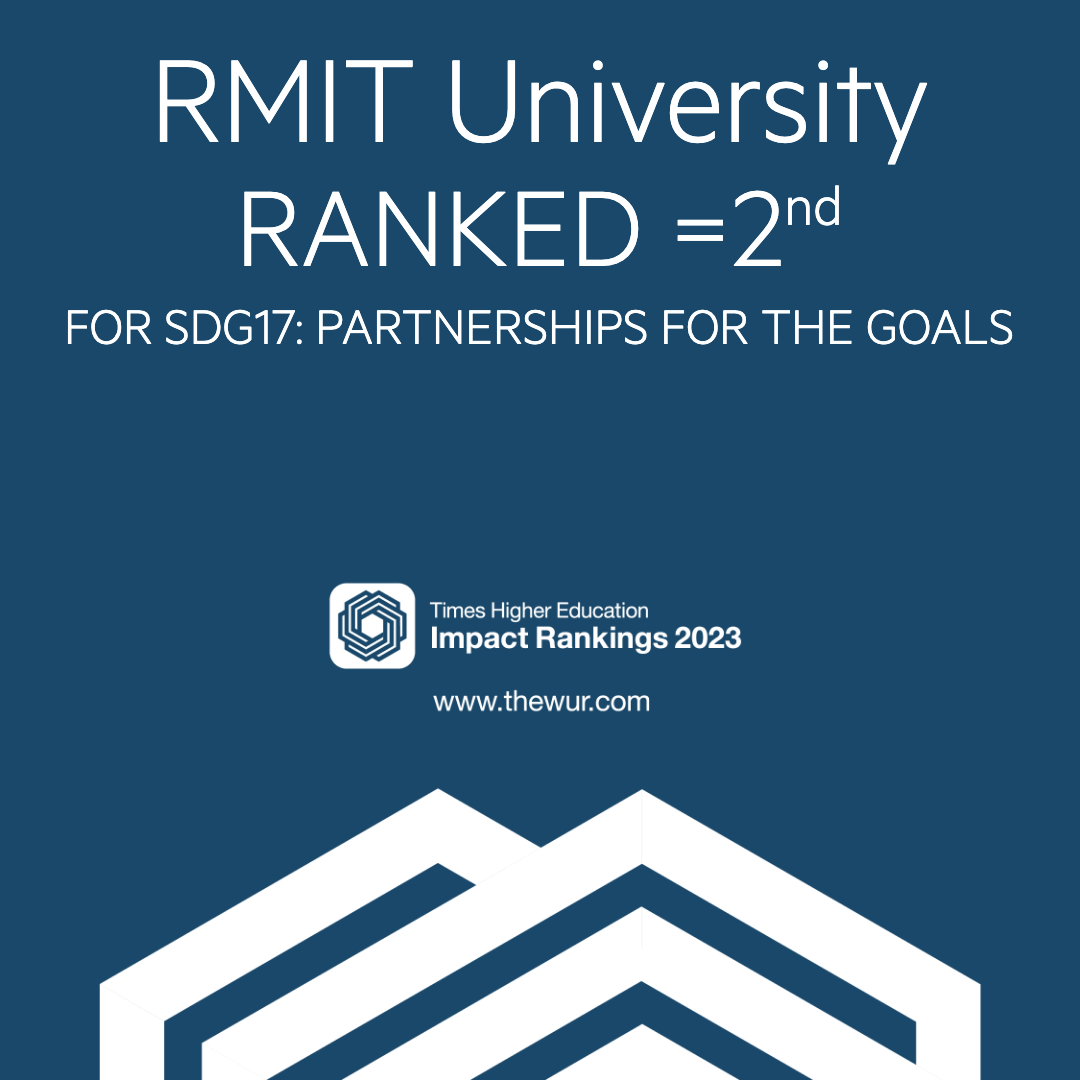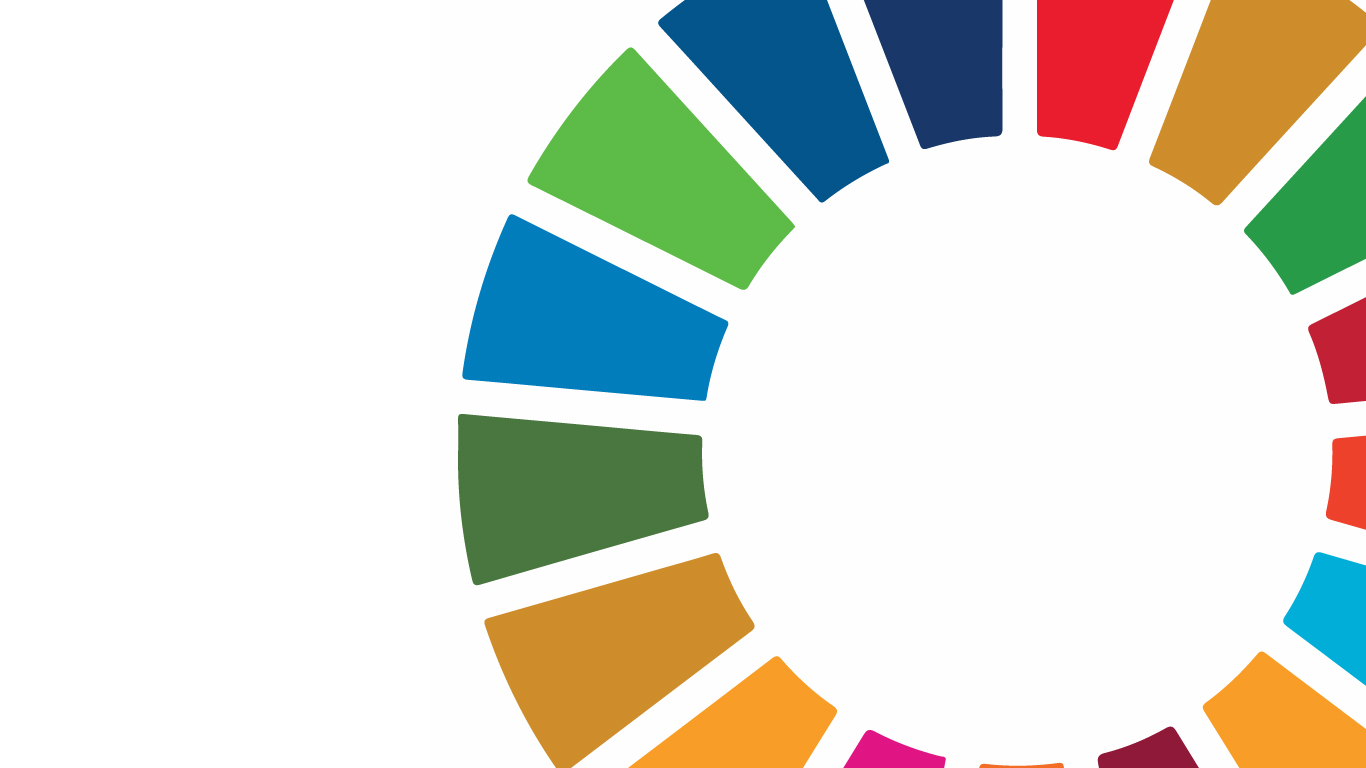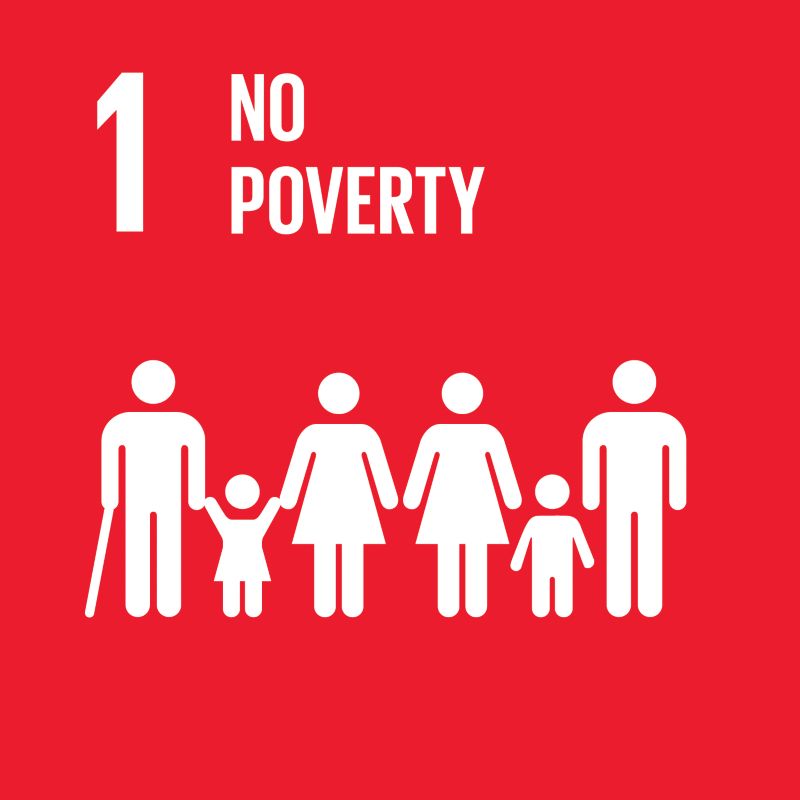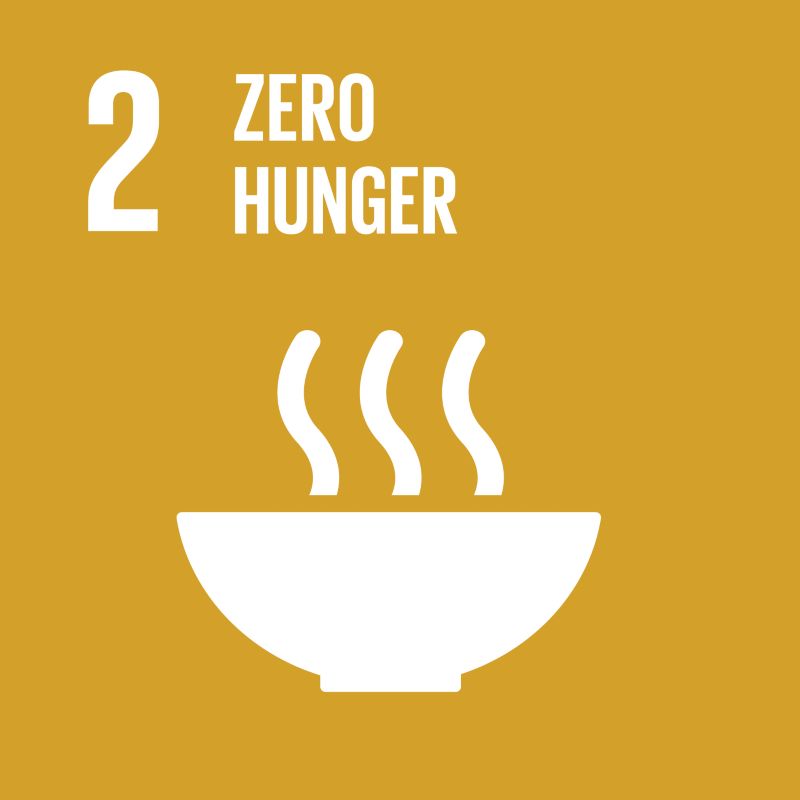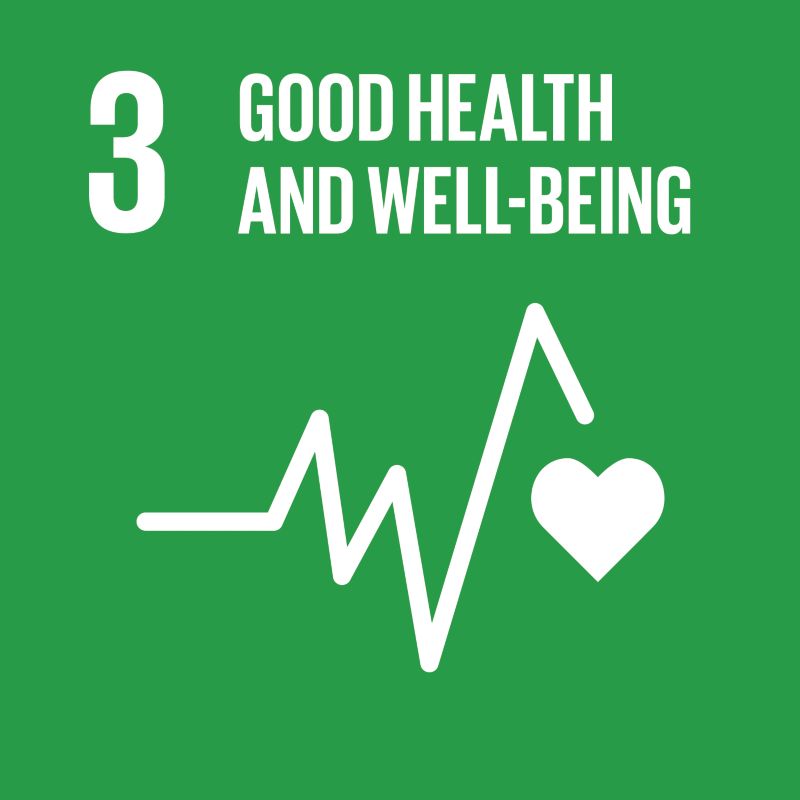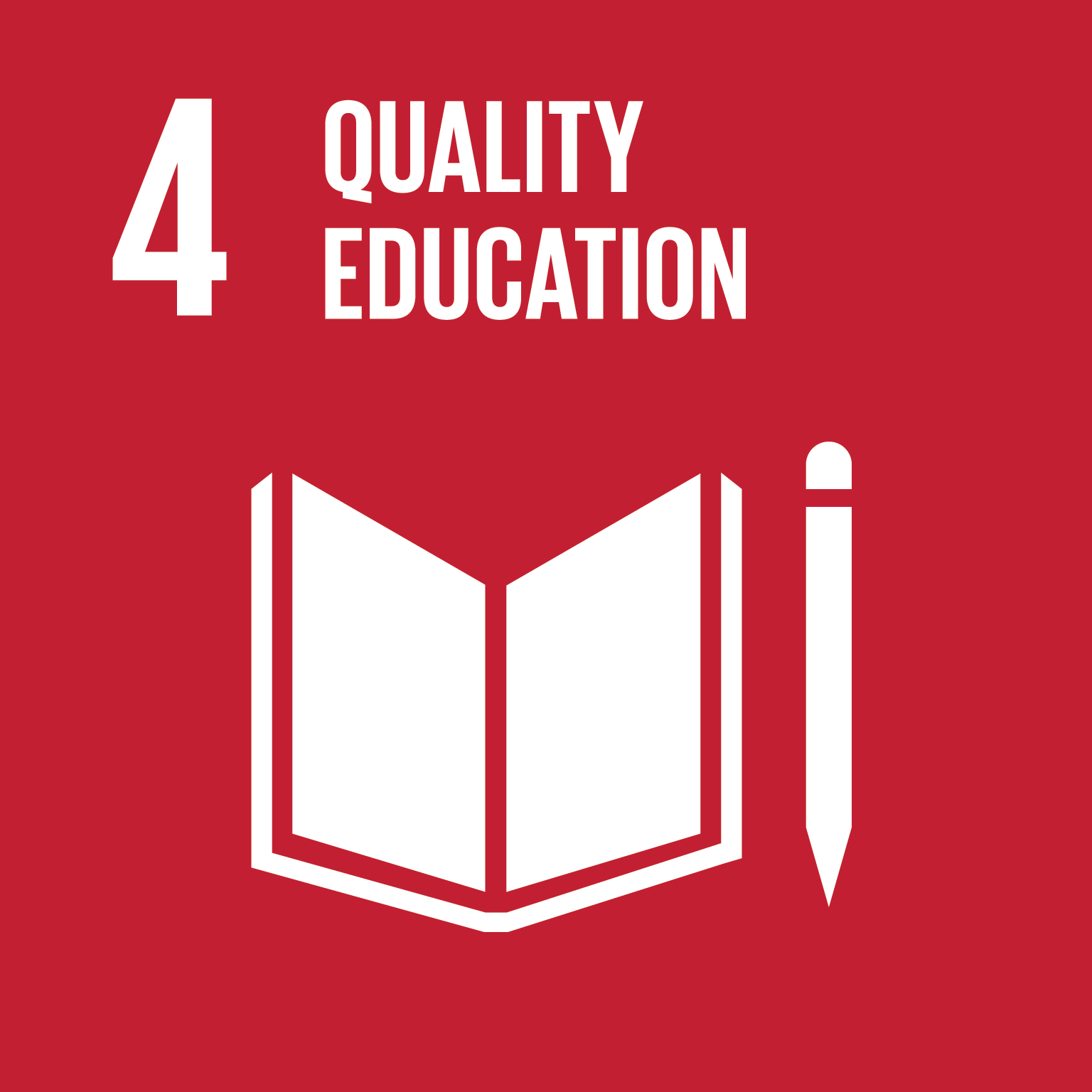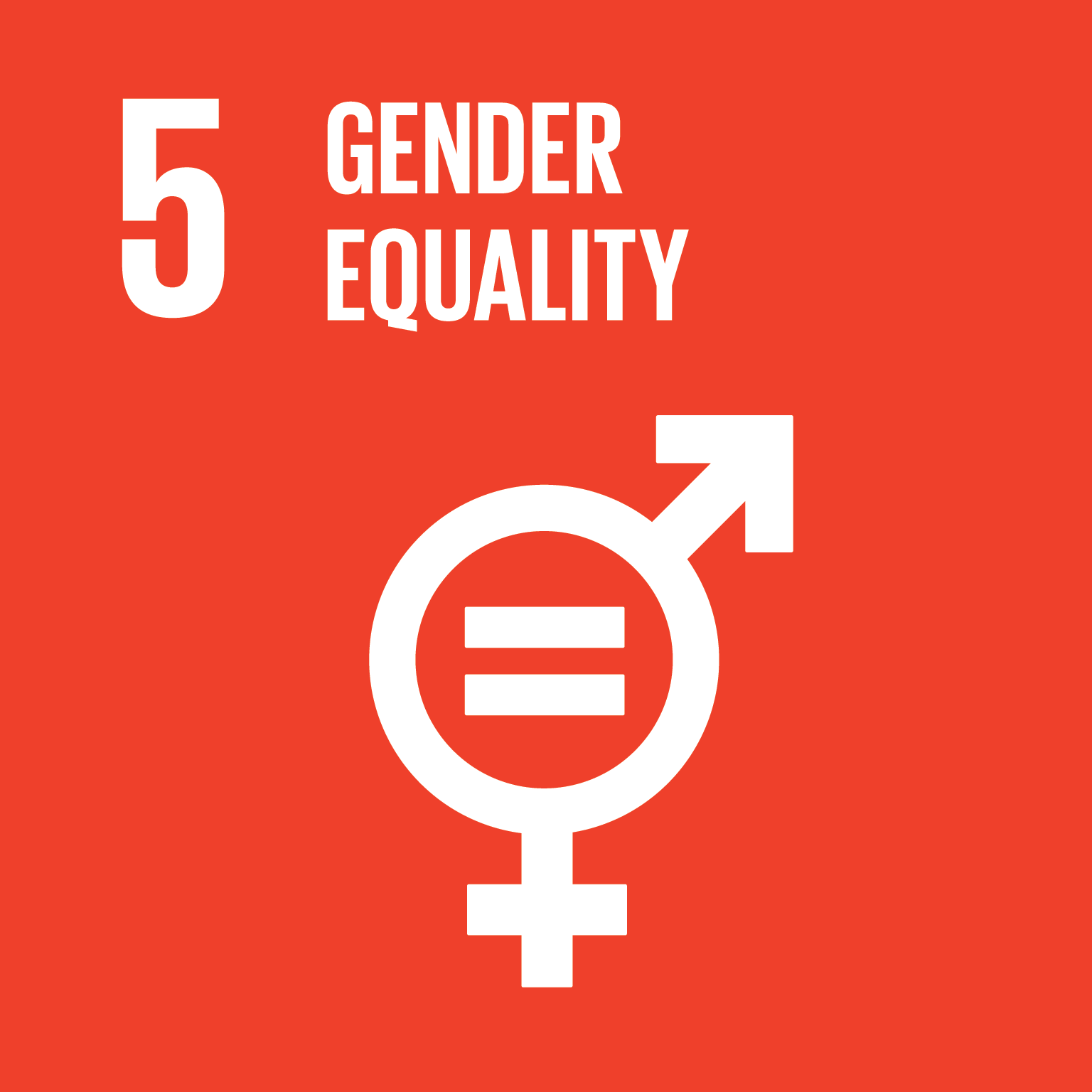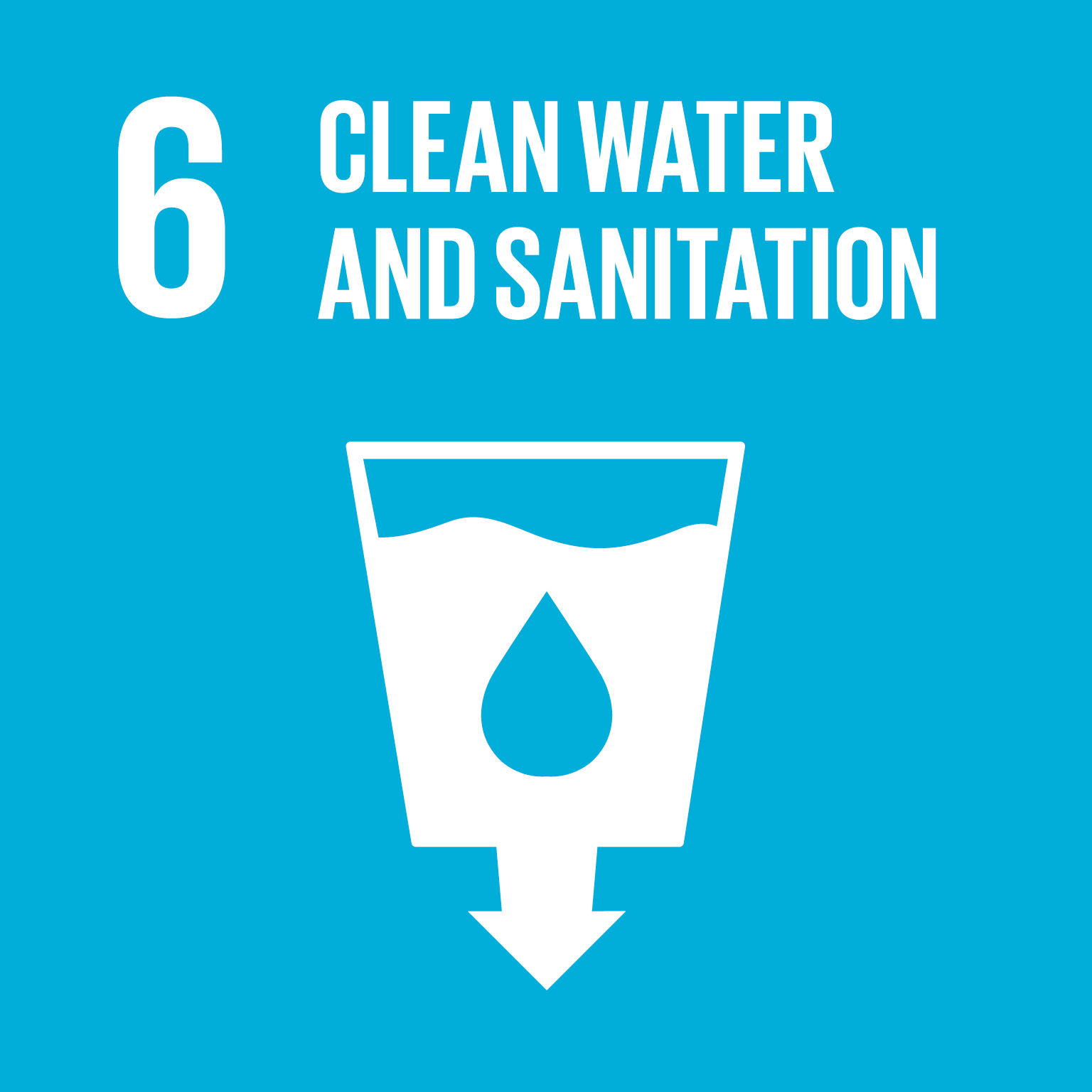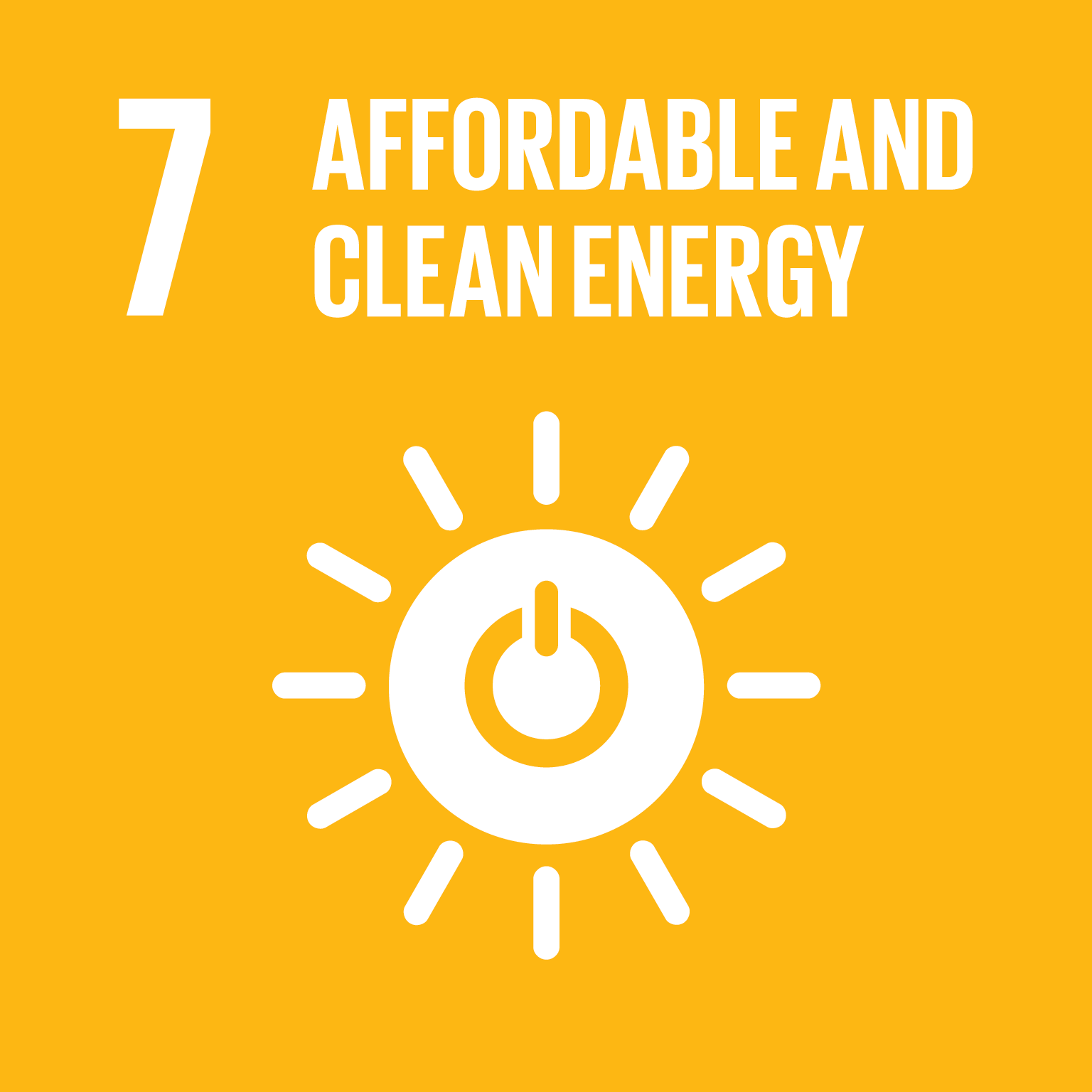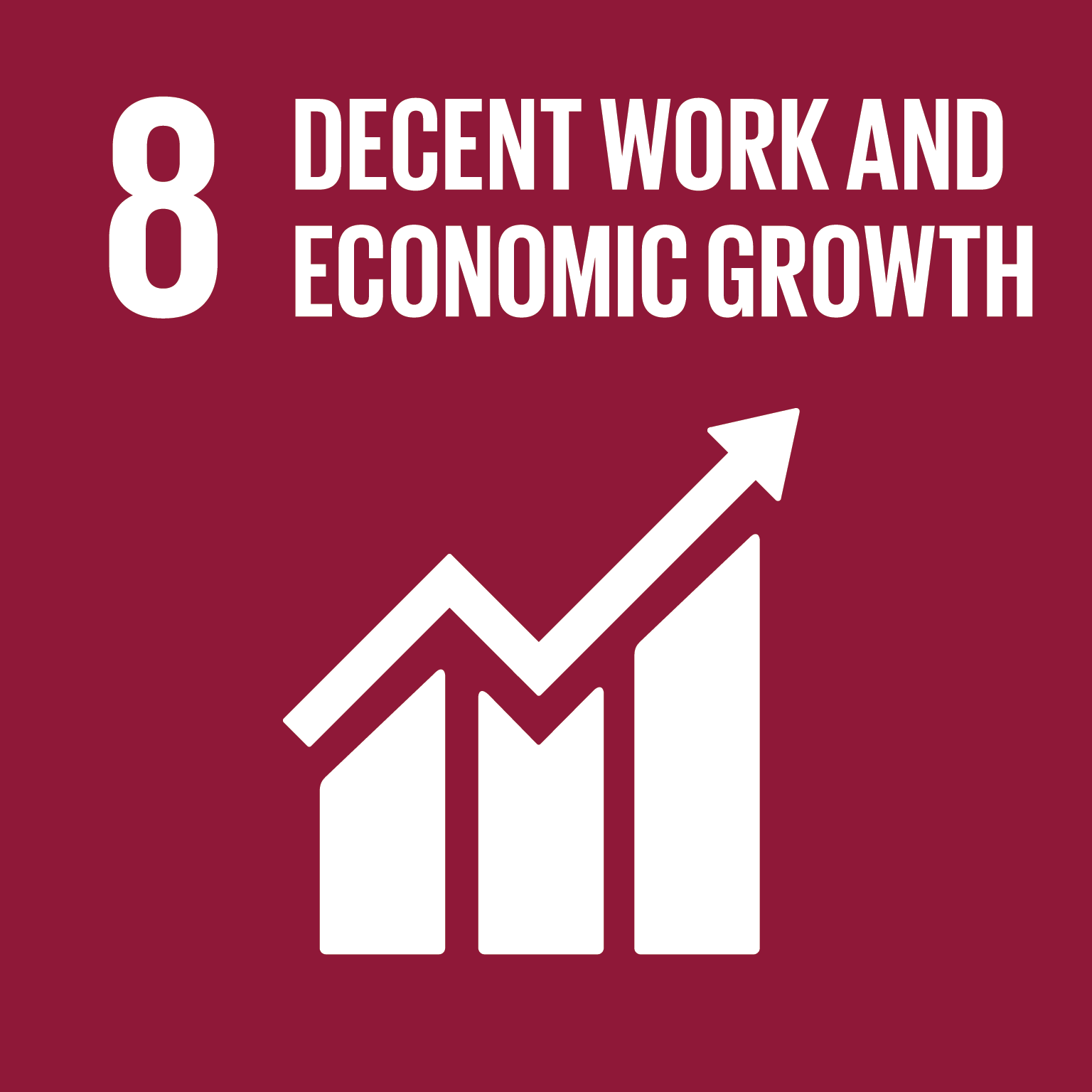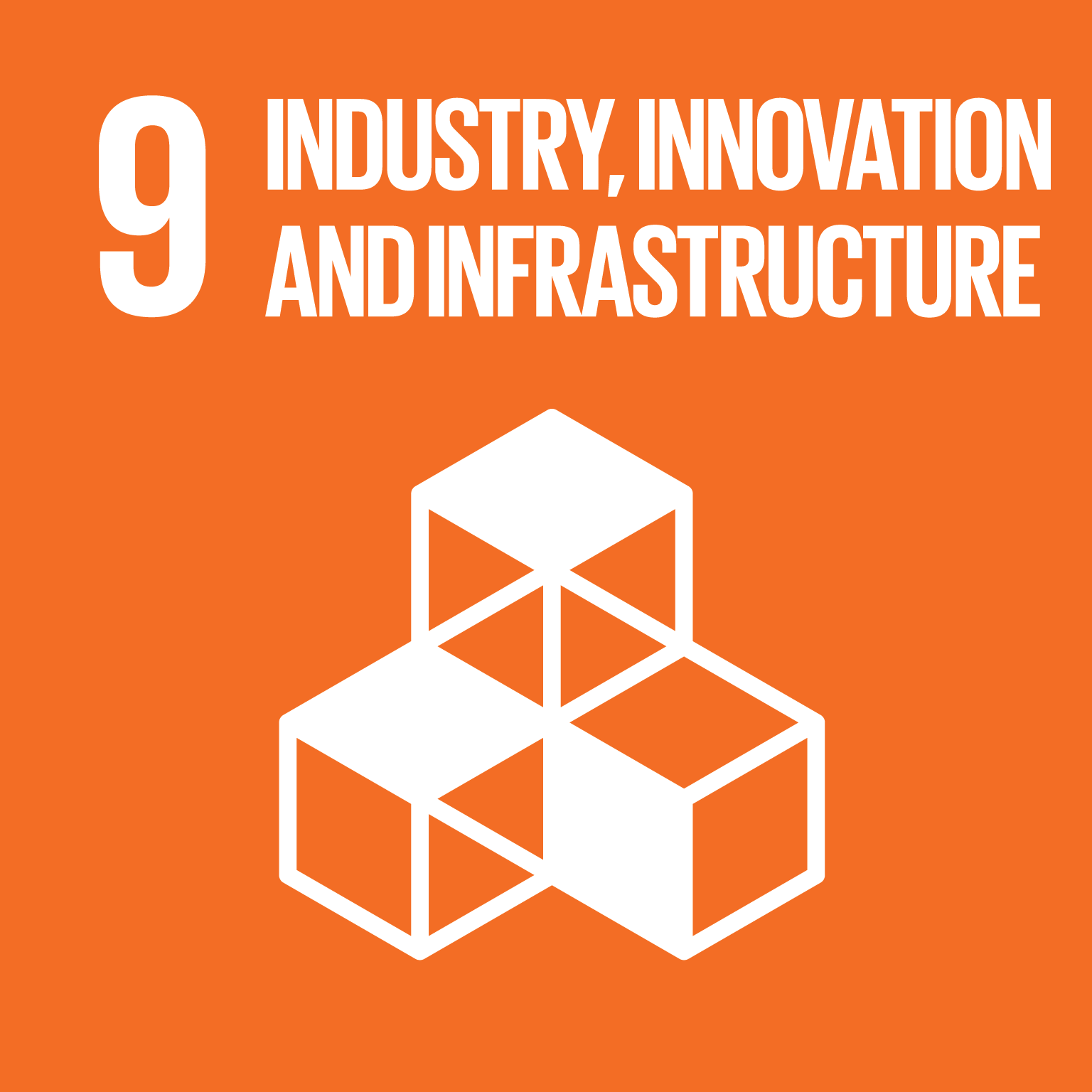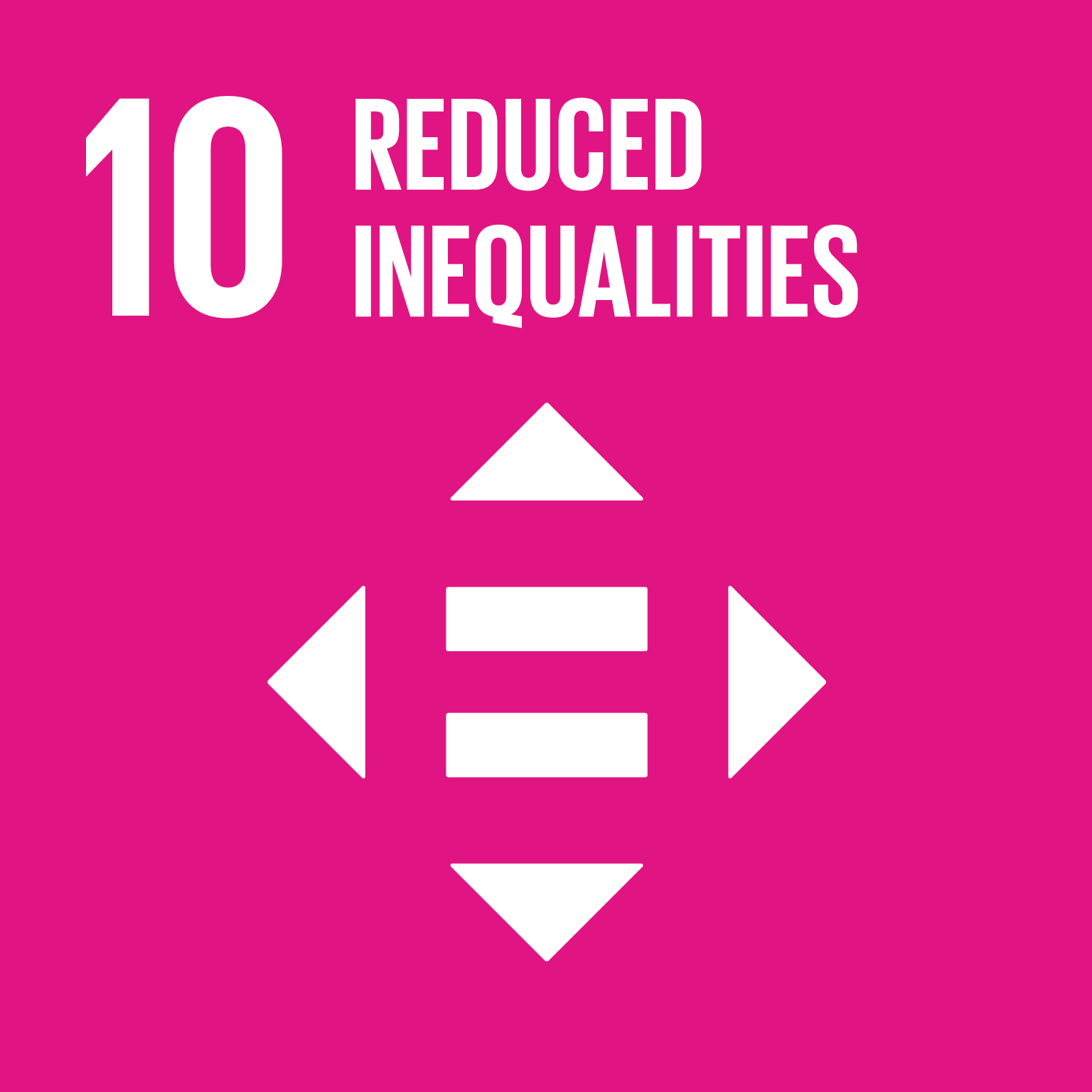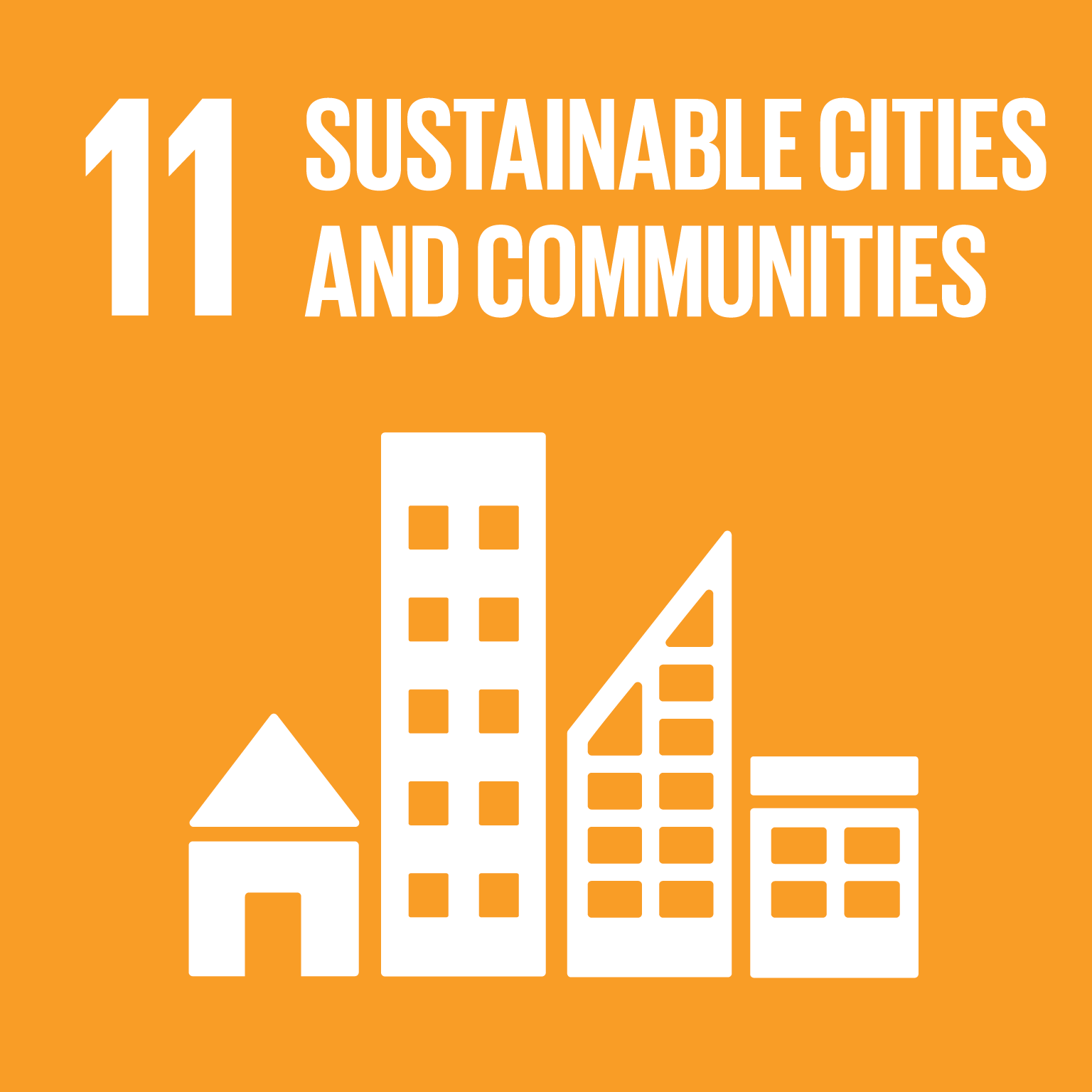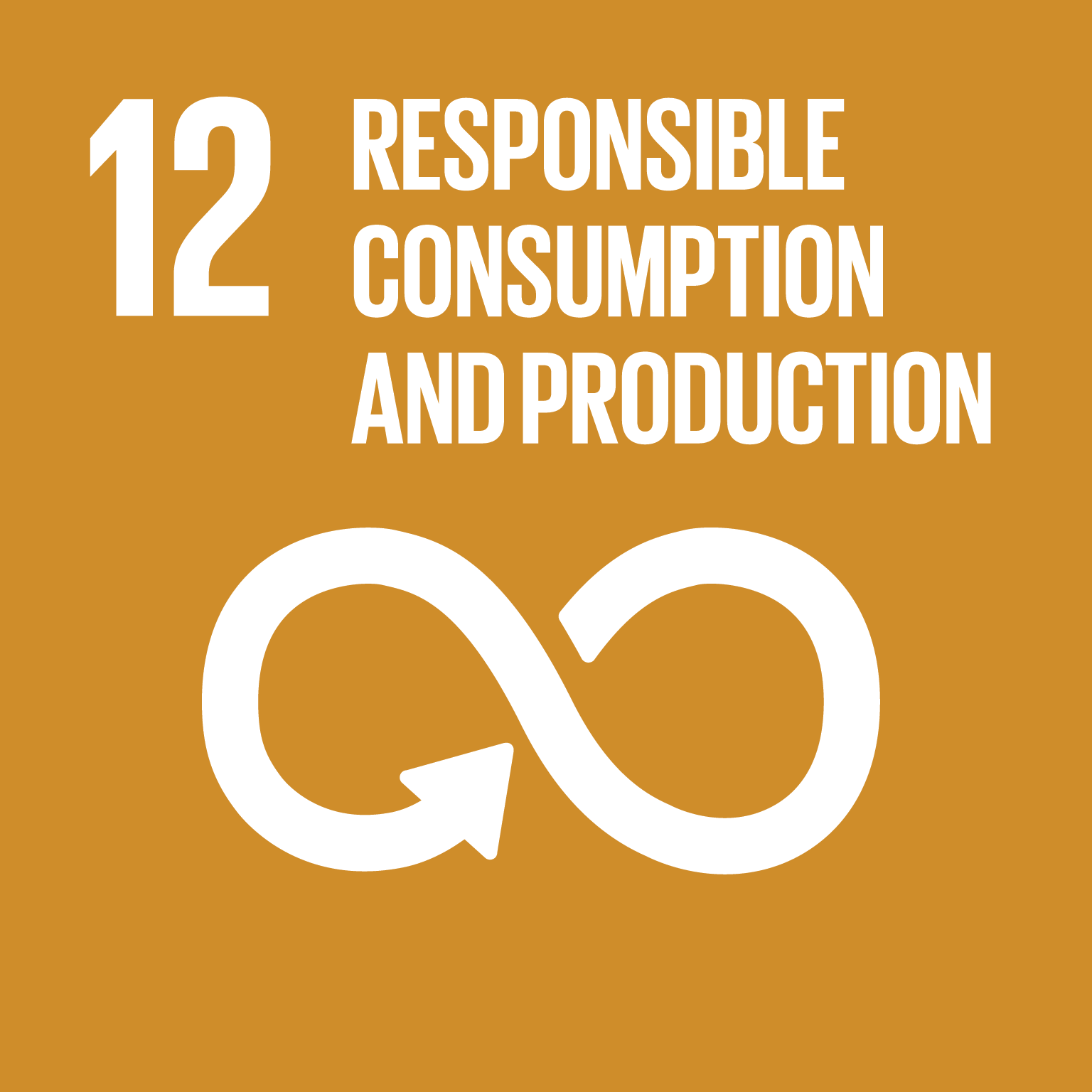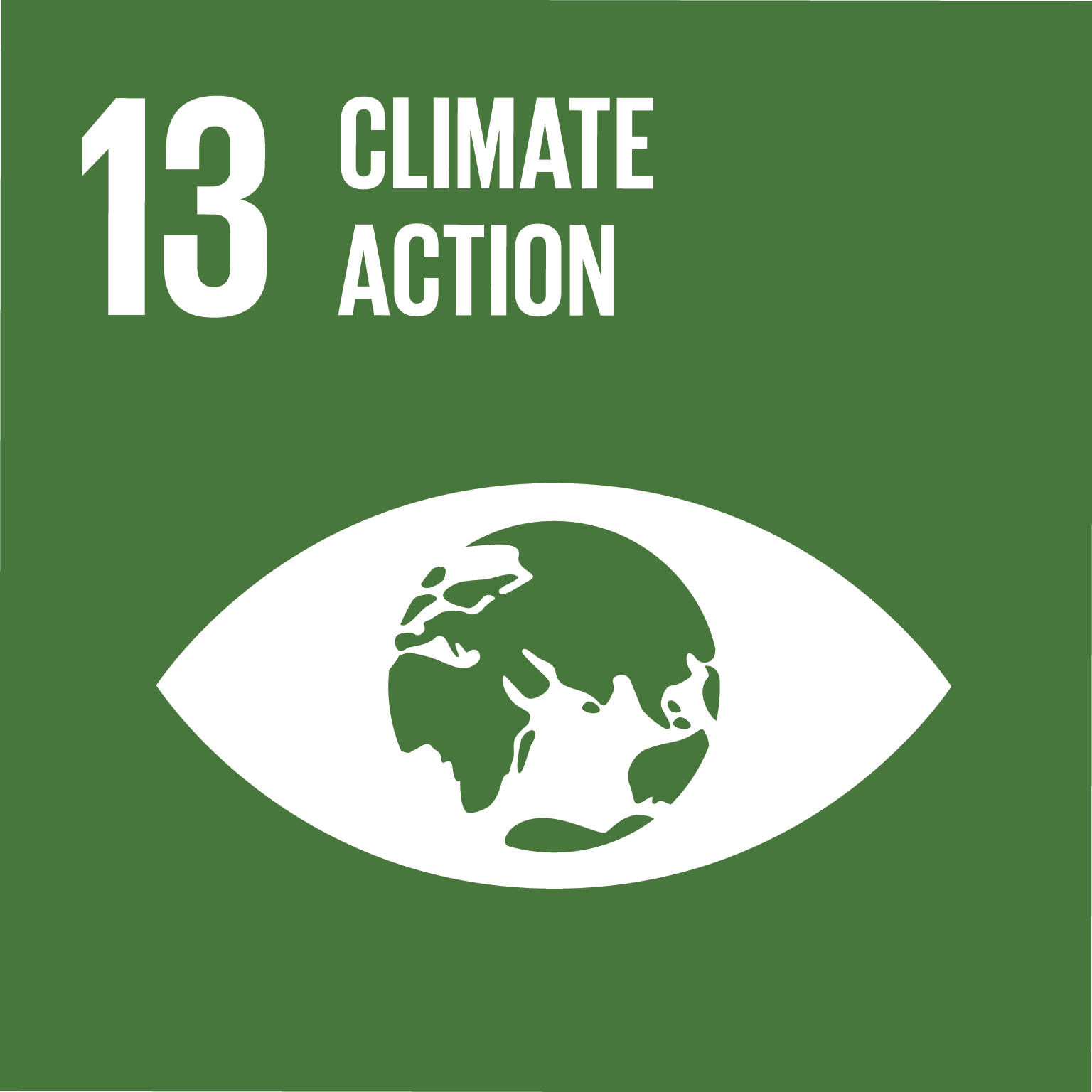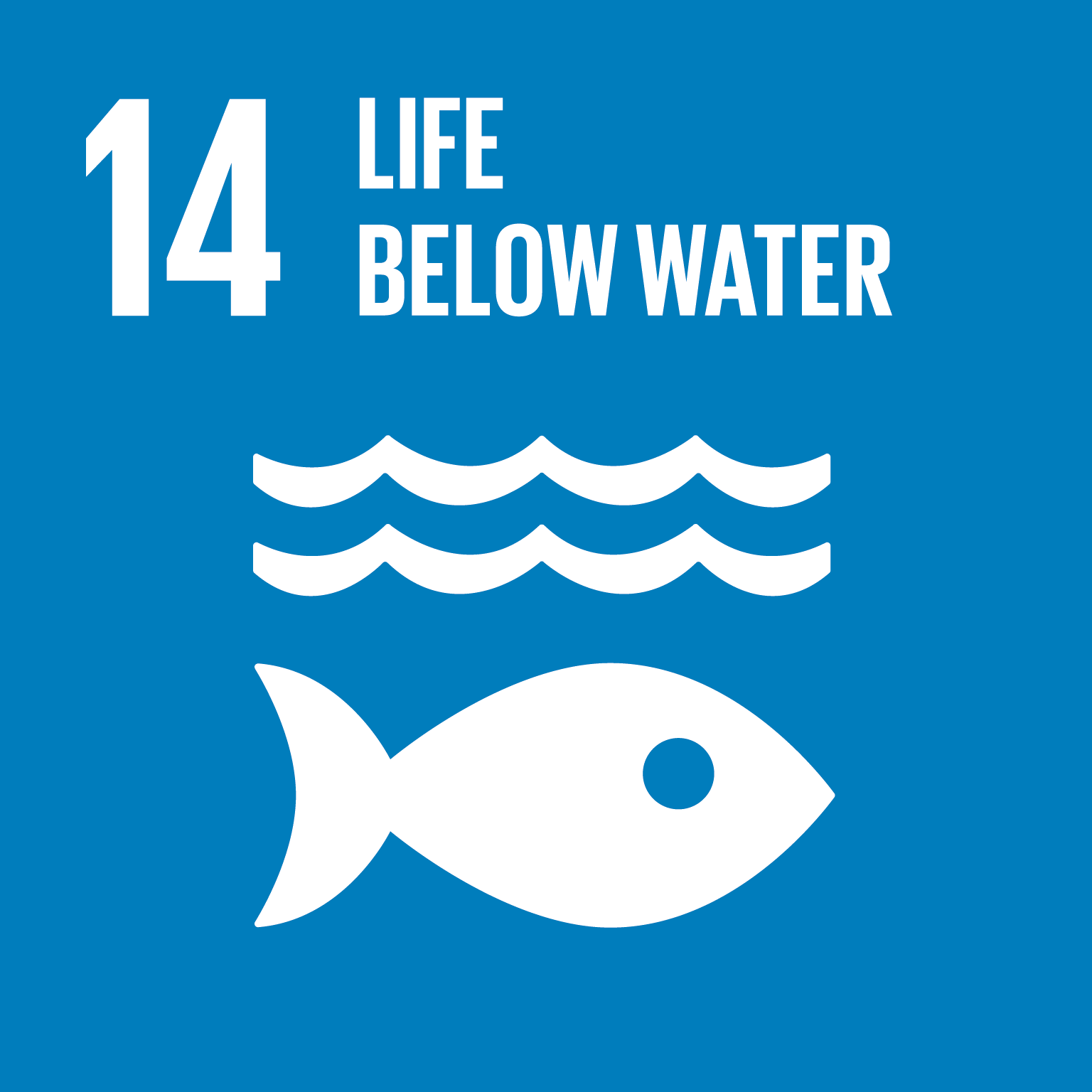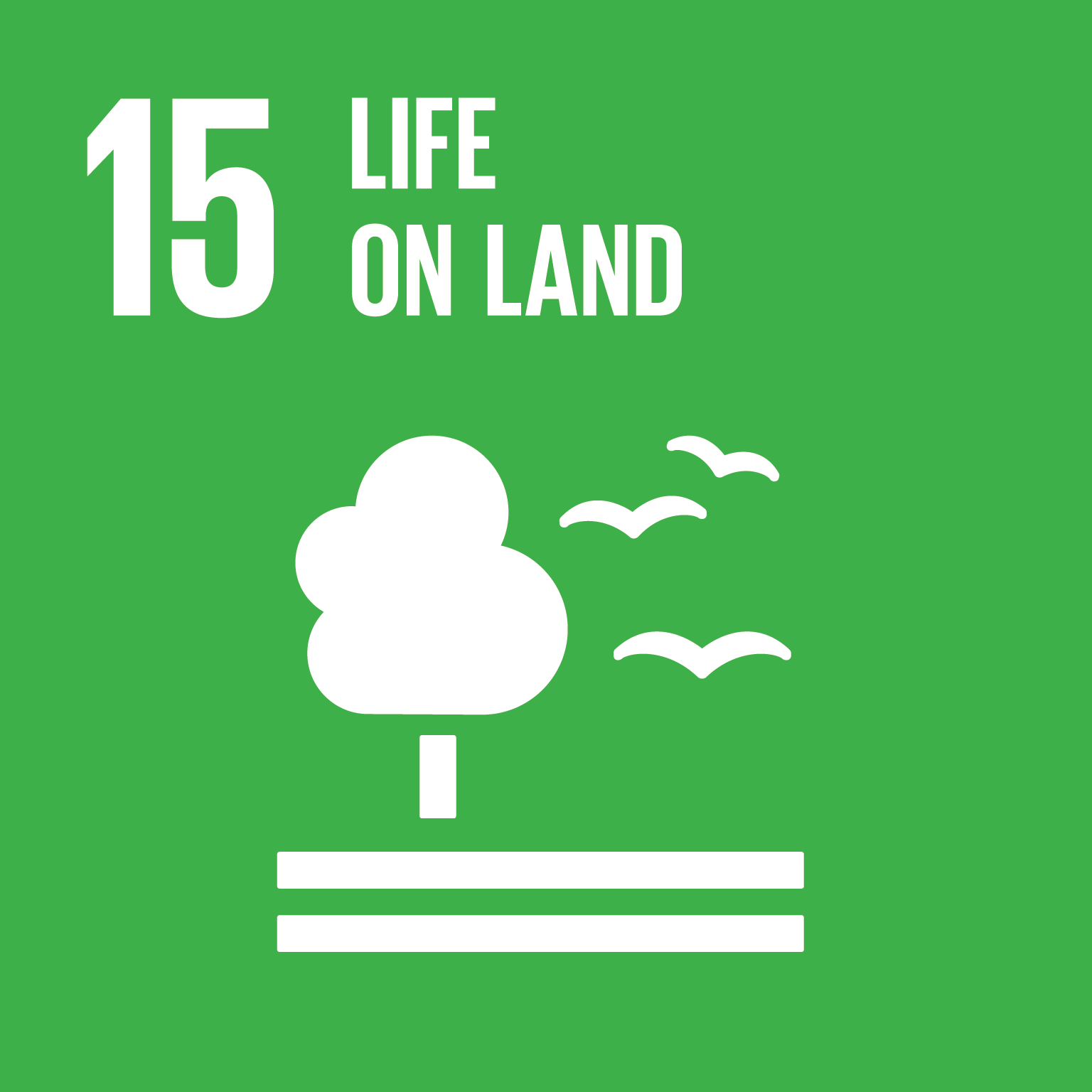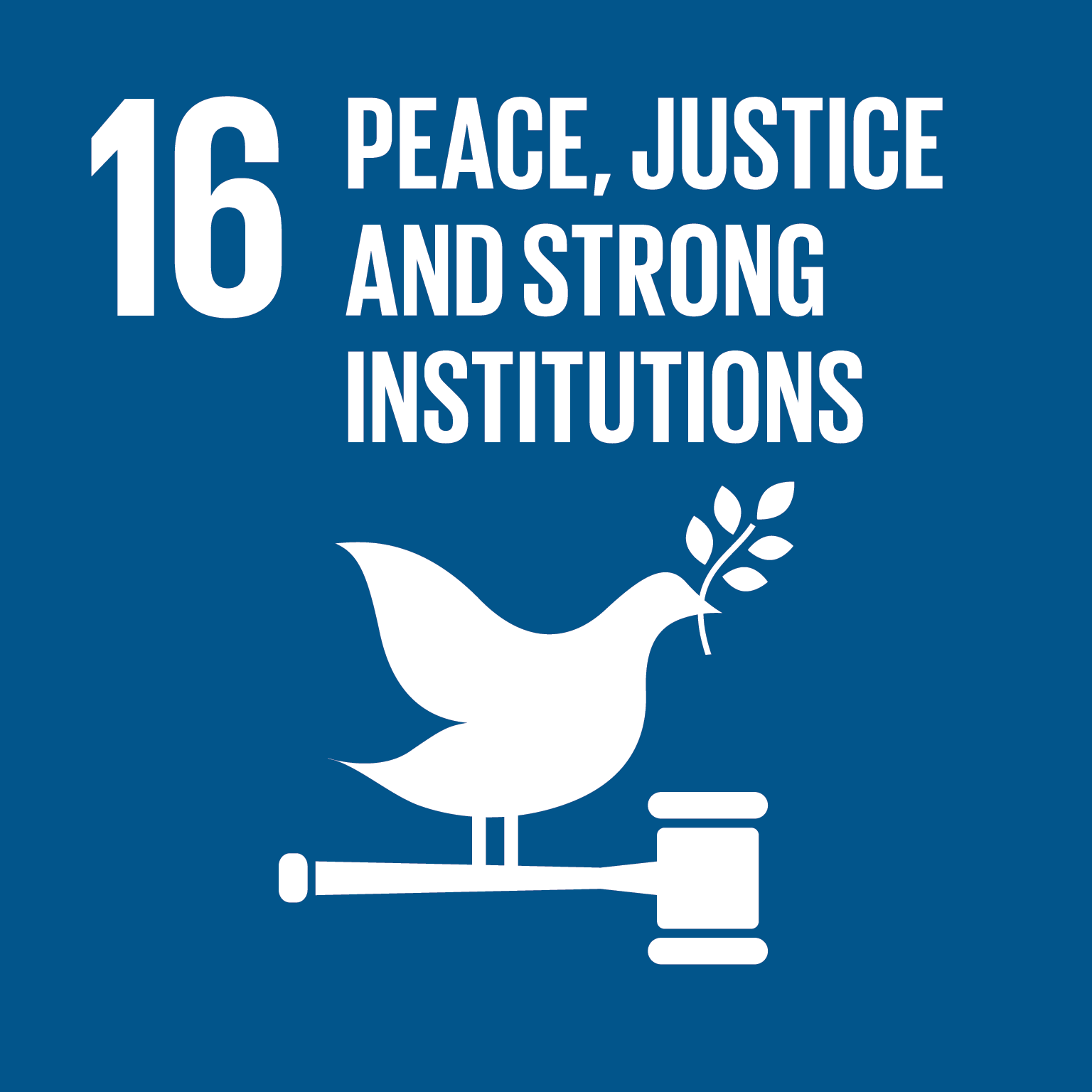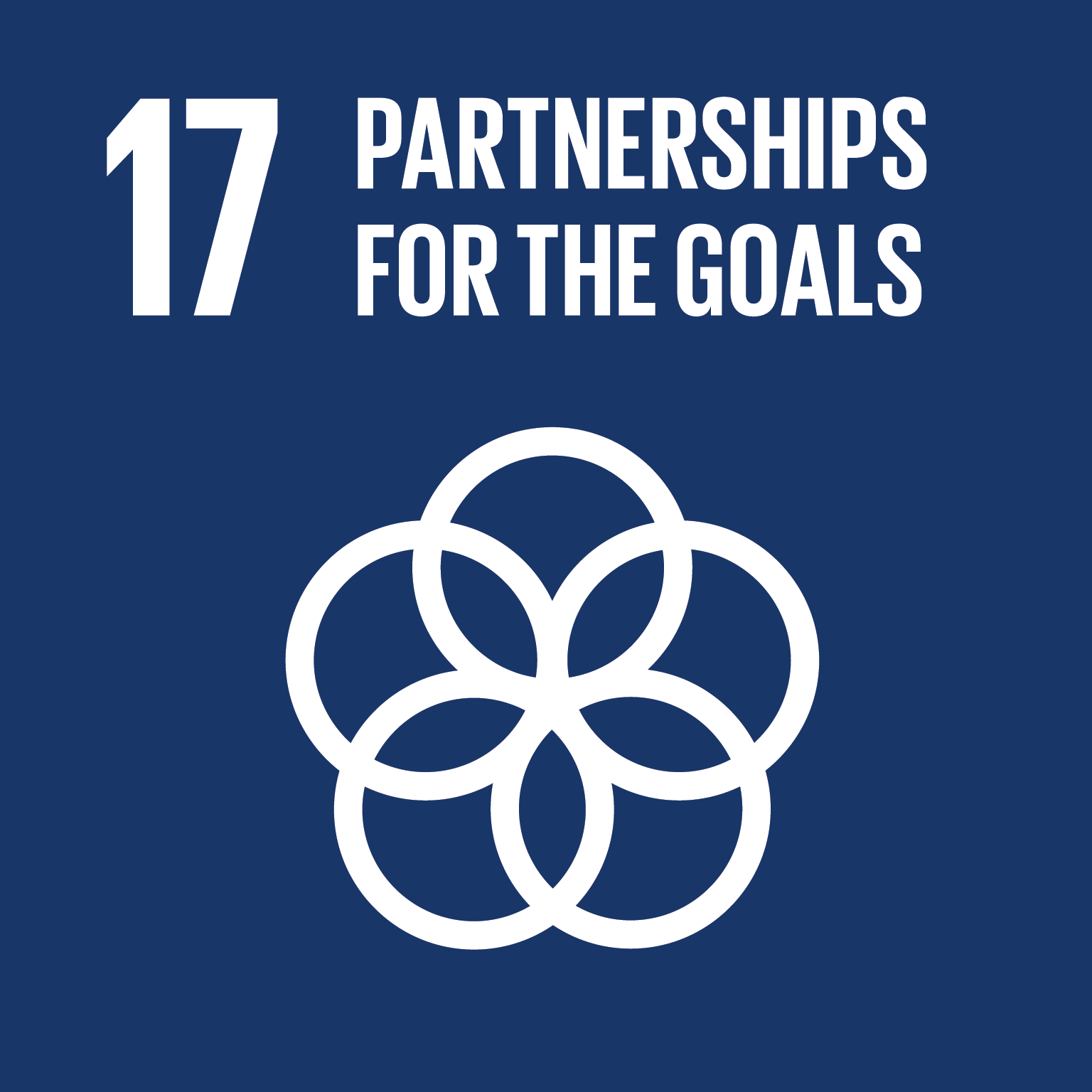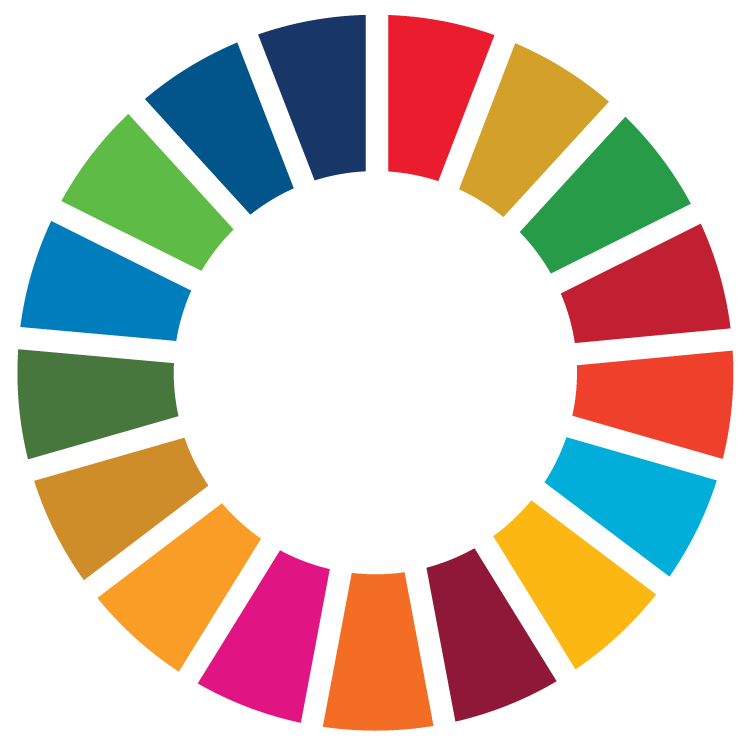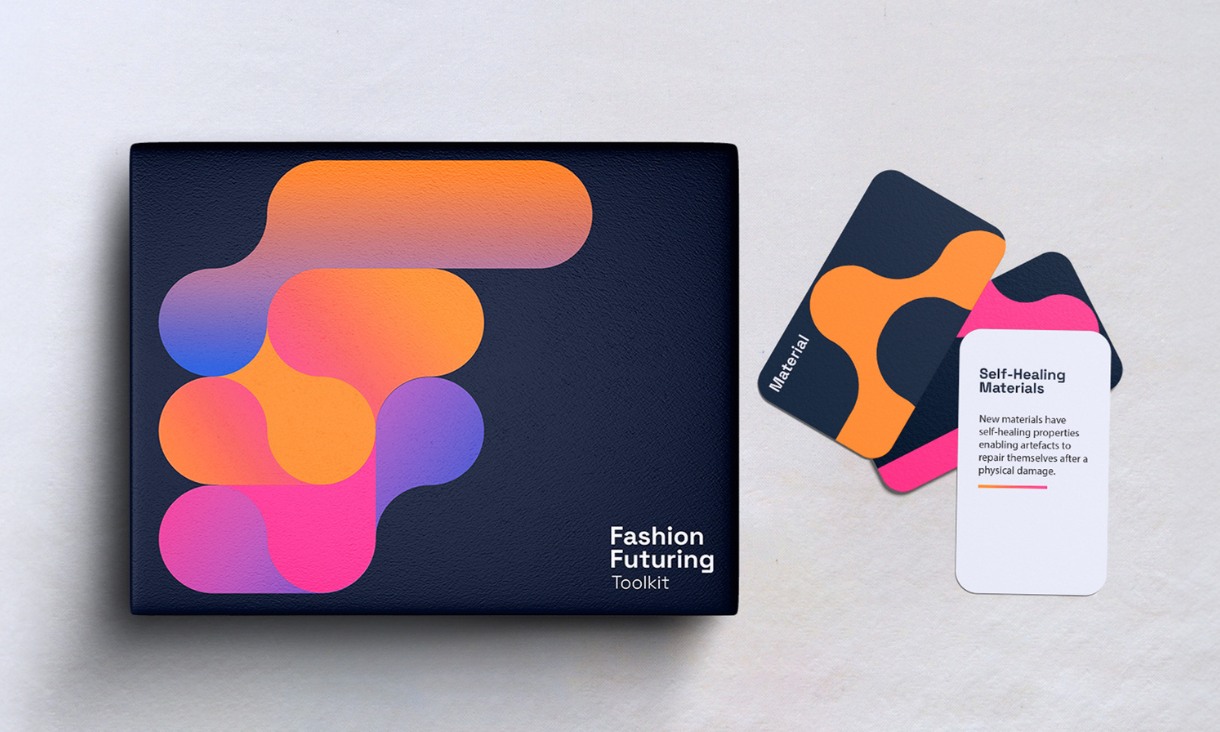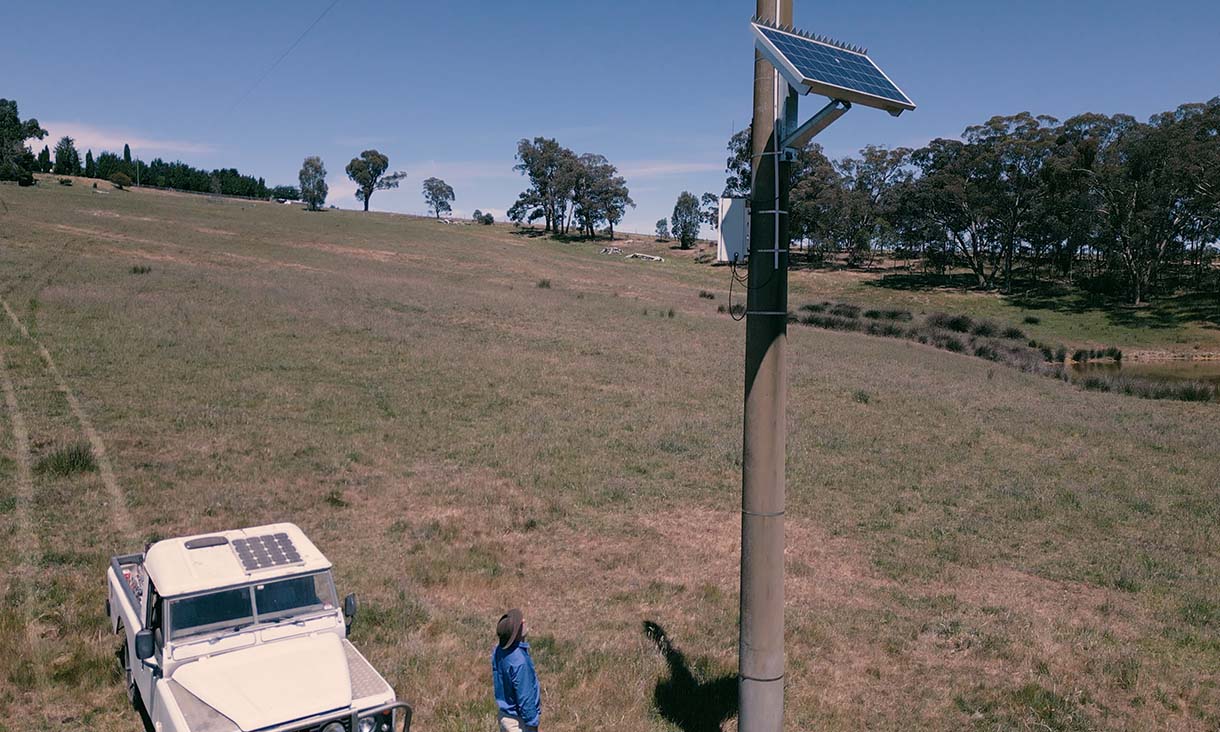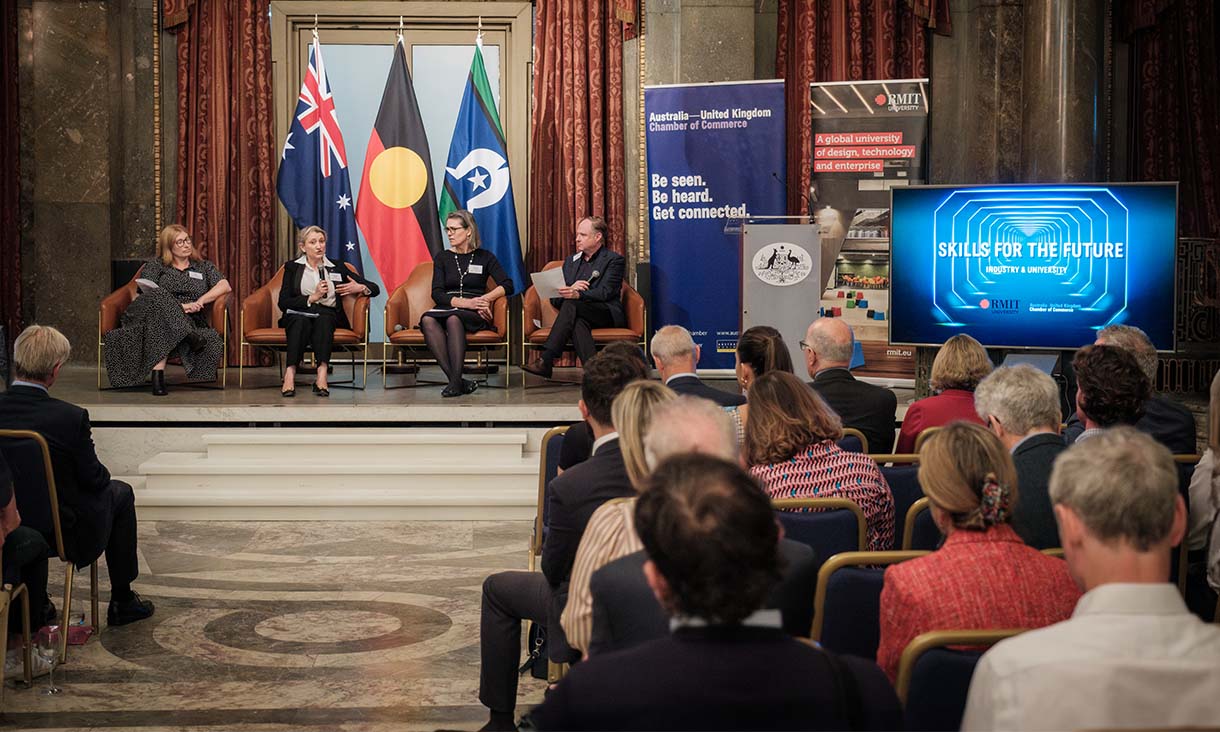RMIT graduates celebrated at the 2023 Victorian Premier’s Design Awards
A toolkit to help fashion businesses build better strategies for a sustainable future and a prosthetic leg for amputee motorcyclists designed by RMIT graduates were praised at the 2023 Victorian Premier’s Design Awards.
Aussie invention predicts power line faults that can cause bushfires
An early fault detection (EFD) system designed at RMIT University is helping to prevent bushfires and blackouts in North America, Europe and Australia.
More than 1/3 illicit drugs sold on the dark web contain unexpected substances
Testing of illicit drugs bought online found 35% were not what they said they were, highlighting the urgent need for more local drug testing facilities in Australia to prevent harm and overdose.
Education and skills for the future: insights from sector leaders
Government, university and industry leaders discuss the skills we need for the future amid critical shortages in key industry sectors.
